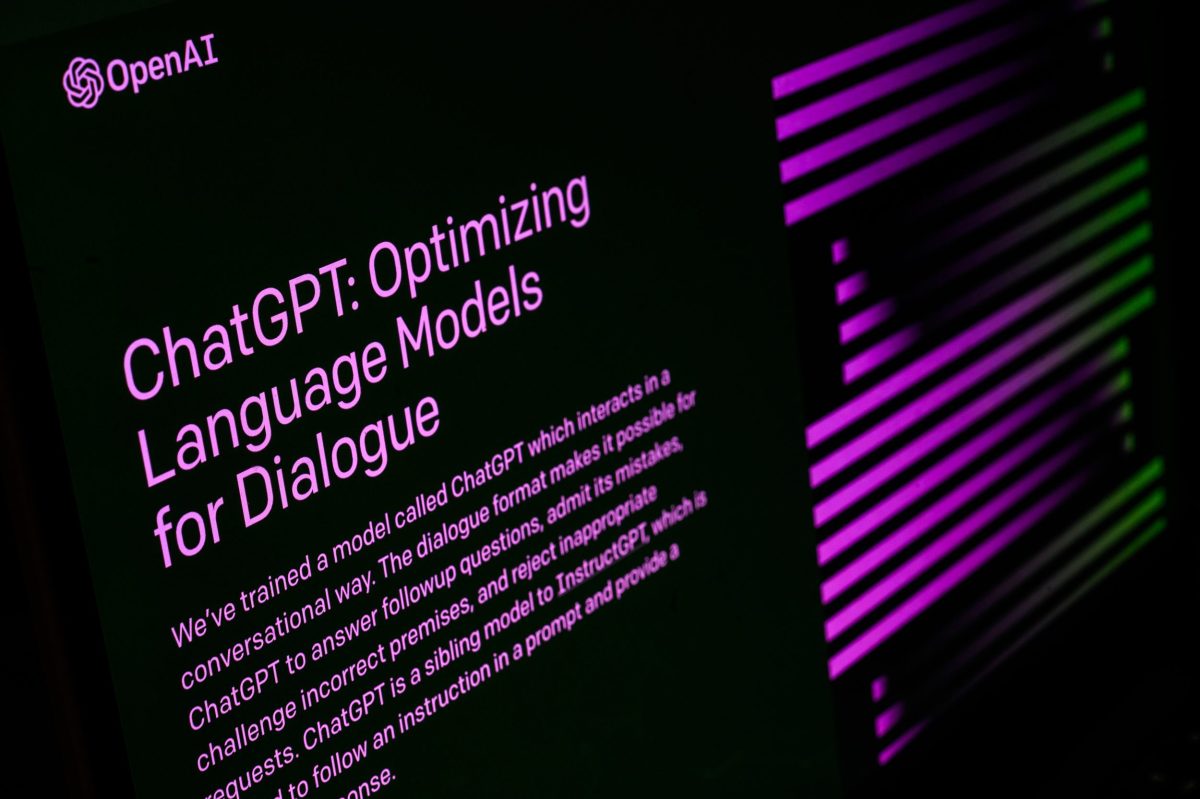ChatGPT Privilege Debate & Court Orders
Explore the legal and ethical implications of court orders on ChatGPT conversations, and how this impacts user privacy and data retention in AI.

The Legal Landscape of AI Conversations
Understanding Court Orders and AI Data
Courts have begun issuing orders compelling OpenAI to produce ChatGPT conversations as part of legal proceedings. These orders raise fundamental questions about the nature of AI-generated content—is it akin to a private diary, a business record, or something entirely new? The legal community is grappling with how to classify and protect these interactions. For a look at how AI impacts cognition, see this MIT study.
Precedents and Legal Challenges
Recent cases have set important precedents for how courts view AI-generated content. Some jurisdictions have treated ChatGPT conversations as discoverable evidence, while others have recognized potential privacy concerns. These varying approaches highlight the need for clearer legal frameworks governing AI data.
Privacy Rights and AI Conversations
User Privacy in the Age of AI
The privacy implications of court-ordered access to ChatGPT conversations are significant. Users often share sensitive information with AI assistants, assuming a level of confidentiality. However, the current legal framework may not adequately protect these expectations.
Balancing Legal Requirements with Privacy
The challenge lies in balancing legitimate legal needs with user privacy rights. While courts have a duty to ensure justice, they must also consider the broader implications of accessing AI conversations. This balance becomes even more complex when considering international users and varying privacy laws.
Technical and Ethical Considerations
How ChatGPT Stores and Protects Data
OpenAI's data storage and protection mechanisms play a crucial role in this debate. The company's policies regarding data retention and access control directly impact how court orders are handled. Understanding these technical aspects is essential for both legal professionals and users. Compare with Claude AI's approach to privacy and integration.
Ethical Implications for AI Development
The privilege debate raises important ethical questions for AI developers. How should AI systems be designed to protect user privacy while still serving legitimate legal purposes? These considerations must inform the development of future AI systems.
Impact on Different Stakeholders
Effects on Individual Users
For individual users, the possibility of court-ordered access to their ChatGPT conversations may affect how they use the service. Some may become more cautious about sharing sensitive information, while others may seek alternative platforms with stronger privacy guarantees.
Implications for Businesses
Businesses using ChatGPT must consider the legal risks associated with AI conversations. Corporate communications through AI platforms may be subject to discovery in legal proceedings, potentially exposing sensitive business information.
Considerations for Legal Professionals
Legal professionals must stay informed about the evolving landscape of AI and privacy law. Understanding how courts are handling ChatGPT data requests is crucial for advising clients and navigating legal proceedings involving AI-generated content.
Future Developments and Recommendations
Anticipated Legal Changes
The legal framework governing AI conversations is likely to evolve significantly in the coming years. New laws and regulations may emerge to address the unique challenges posed by AI-generated content and court orders.
Best Practices for Users
To protect their privacy while using ChatGPT, users should:
- Be mindful of the information they share
- Understand the platform's data retention policies
- Consider using the service for non-sensitive communications
- Stay informed about legal developments affecting AI privacy
Recommendations for AI Developers
AI developers should:
- Implement robust privacy protections
- Provide clear information about data handling
- Design systems with legal compliance in mind
- Engage with legal experts to understand evolving requirements
Conclusion
The debate over ChatGPT privilege and court orders represents a critical moment in the intersection of AI and law. As the legal landscape continues to evolve, all stakeholders—users, businesses, legal professionals, and AI developers—must work together to establish appropriate protections for AI-generated content while respecting legitimate legal needs. The outcome of this debate will shape the future of AI privacy and legal frameworks for years to come. For more on cost-saving breakthroughs in AI, read this article.